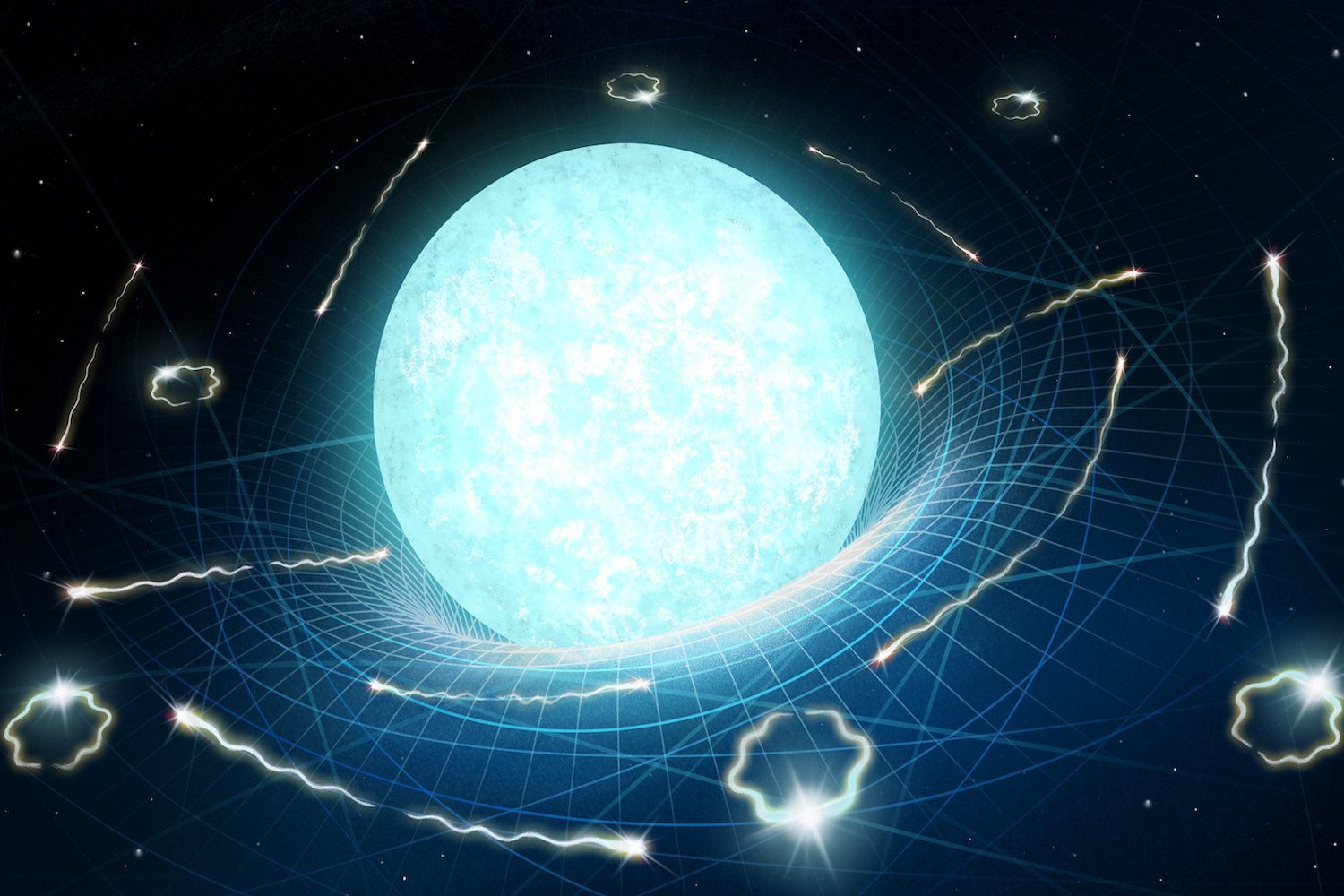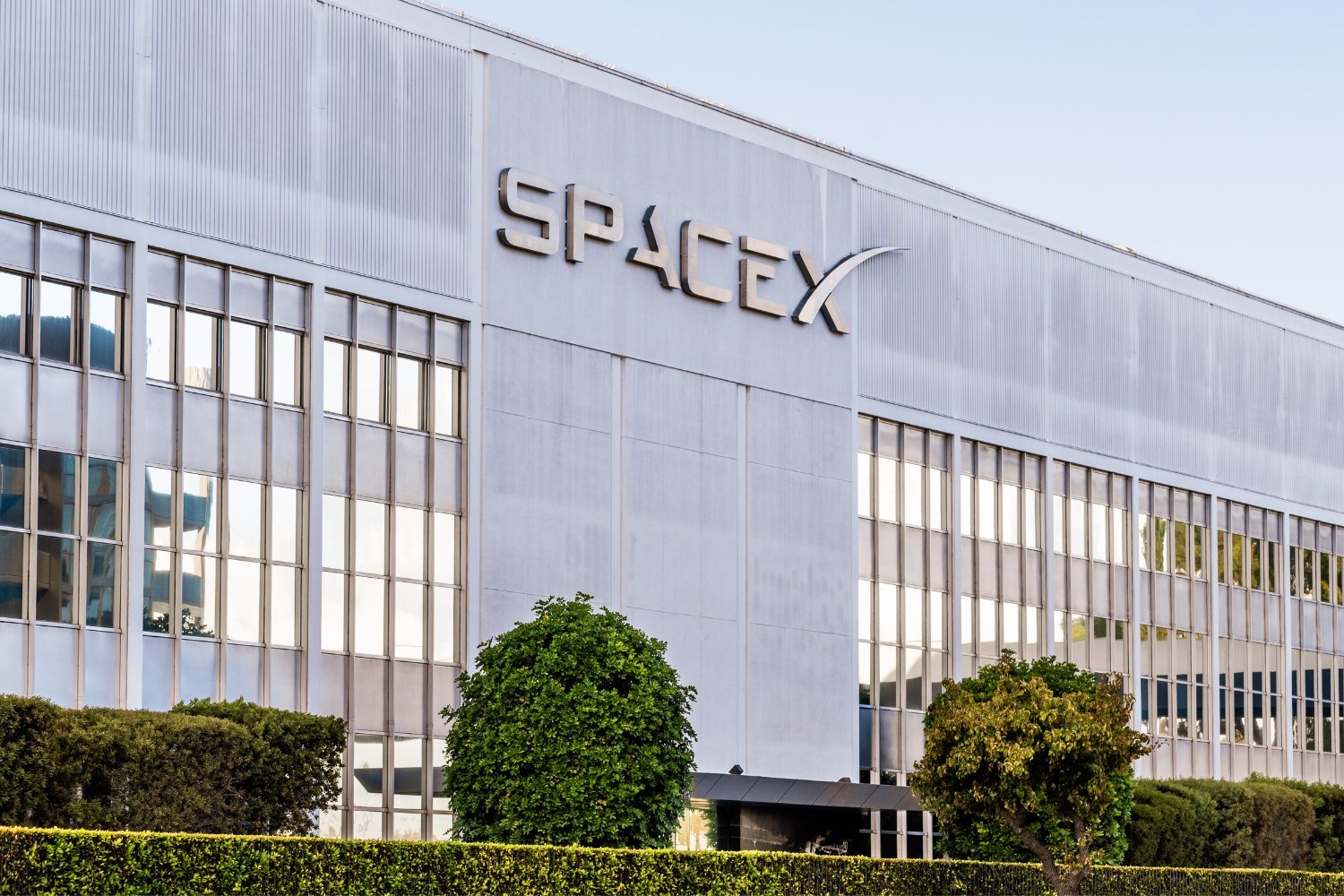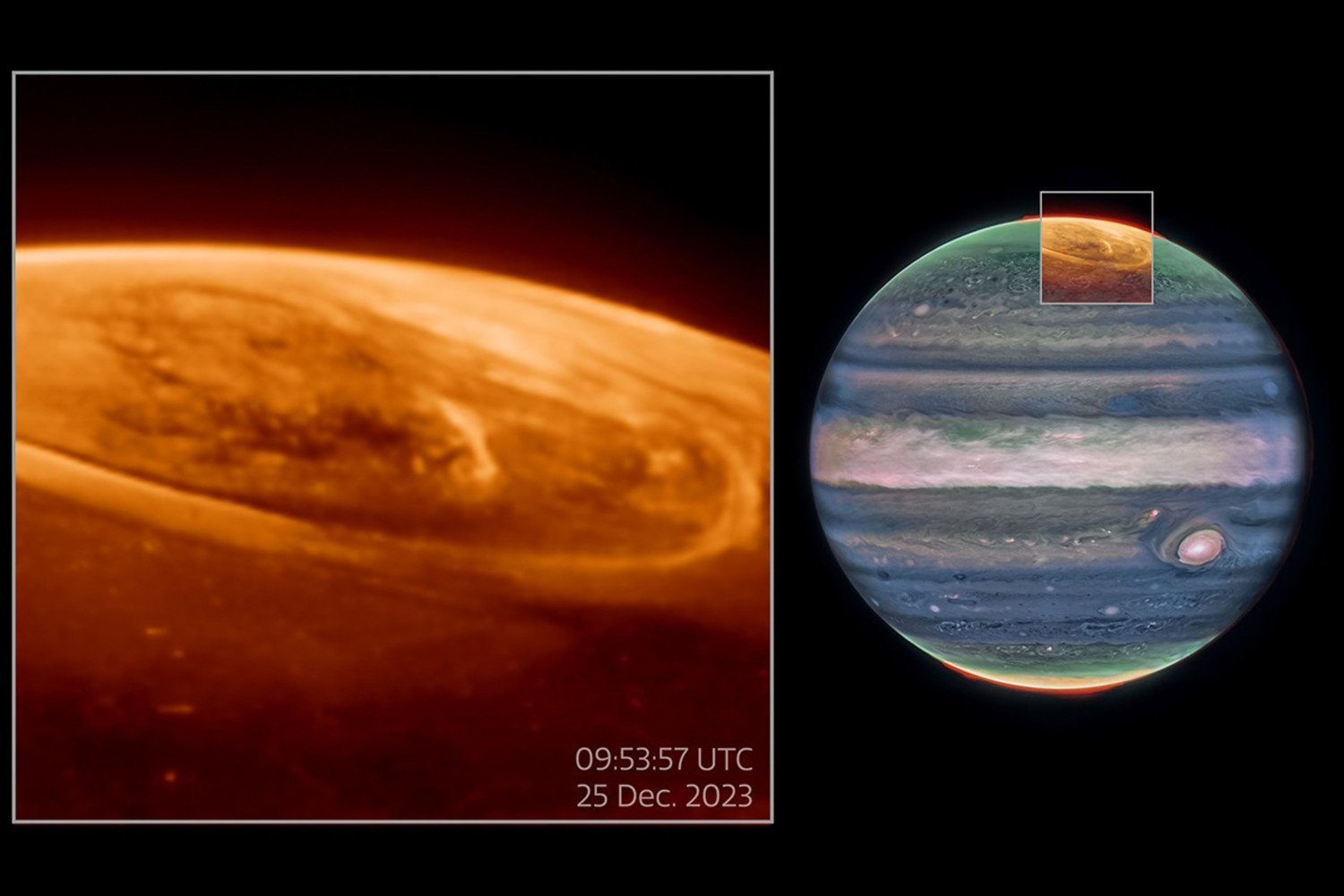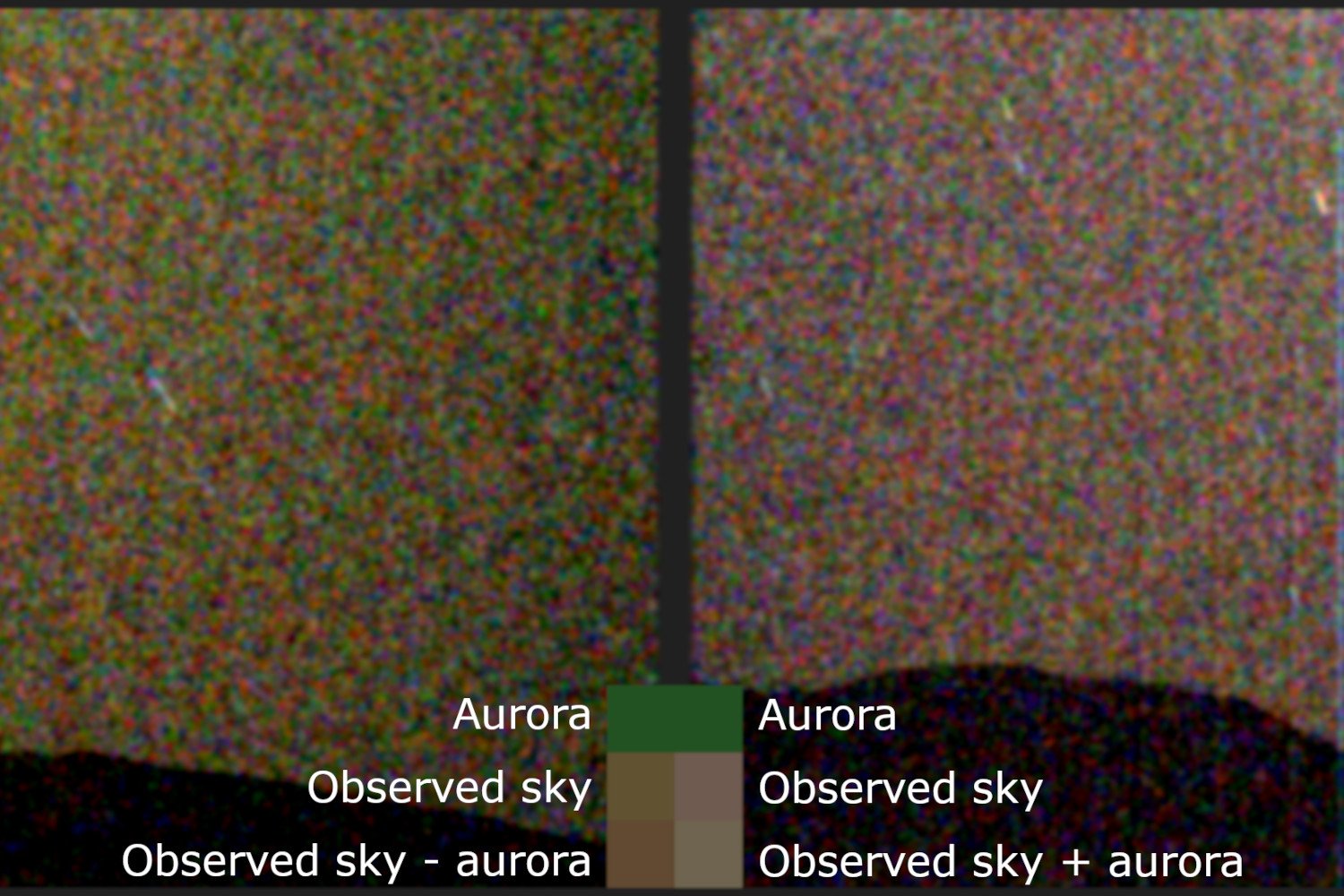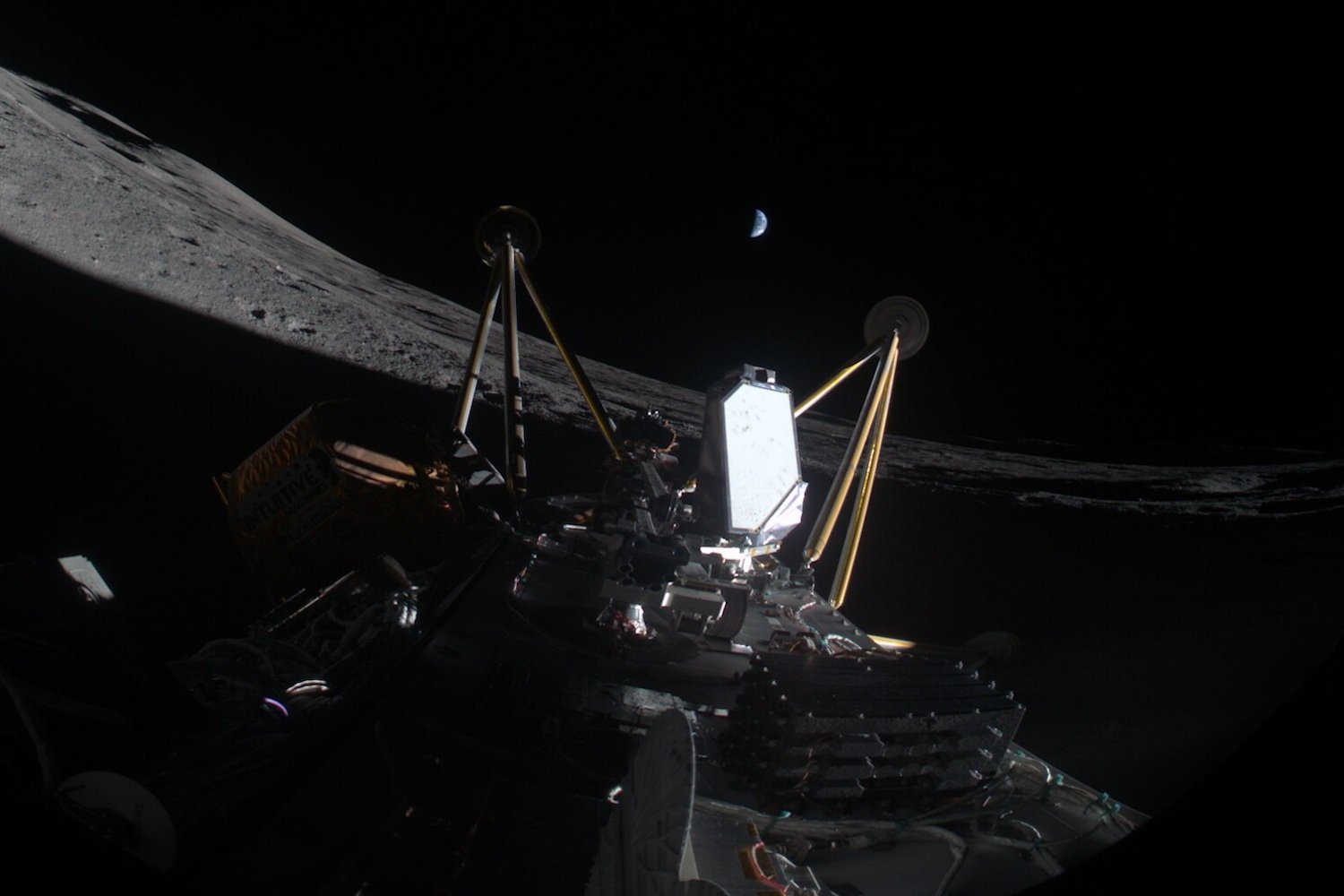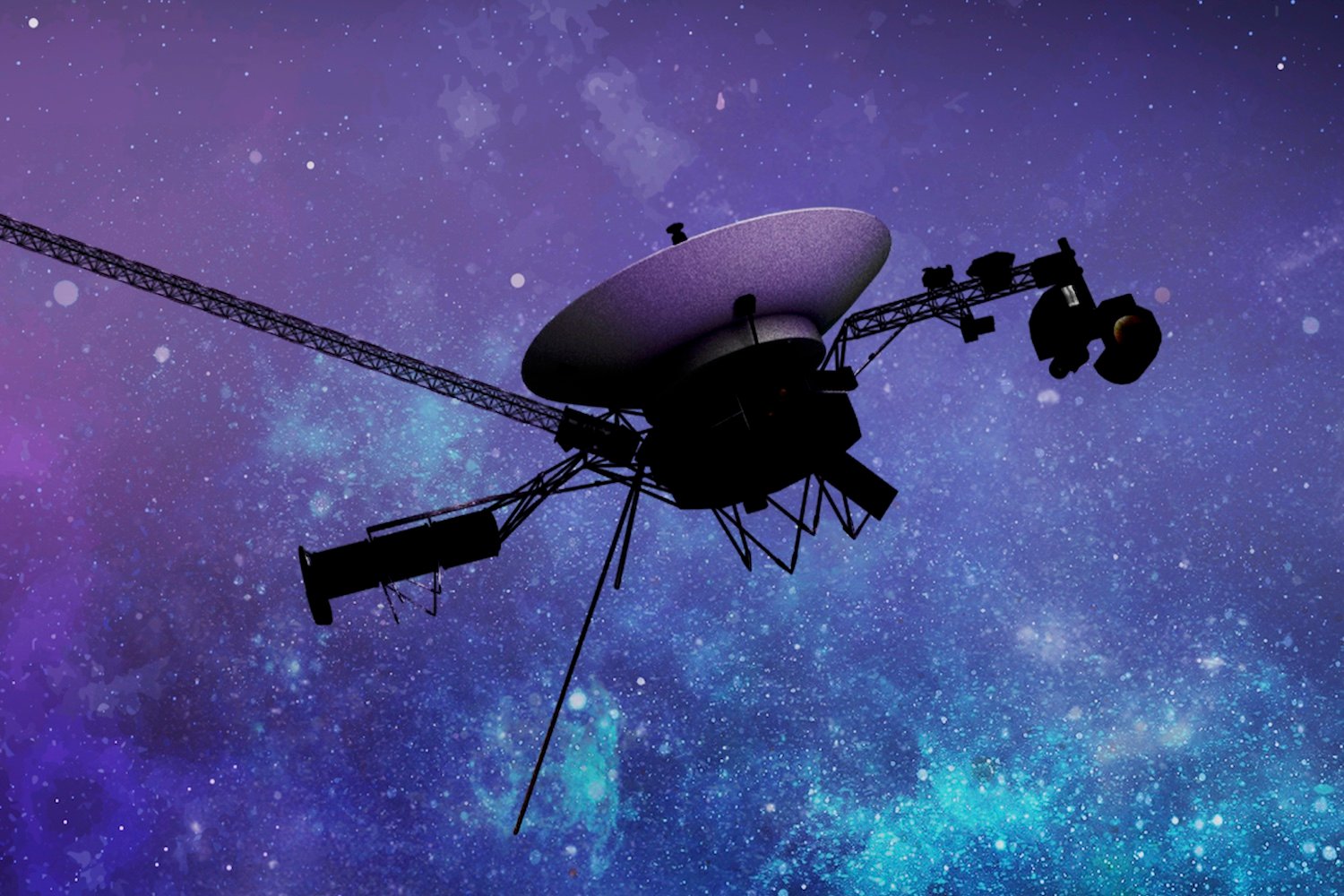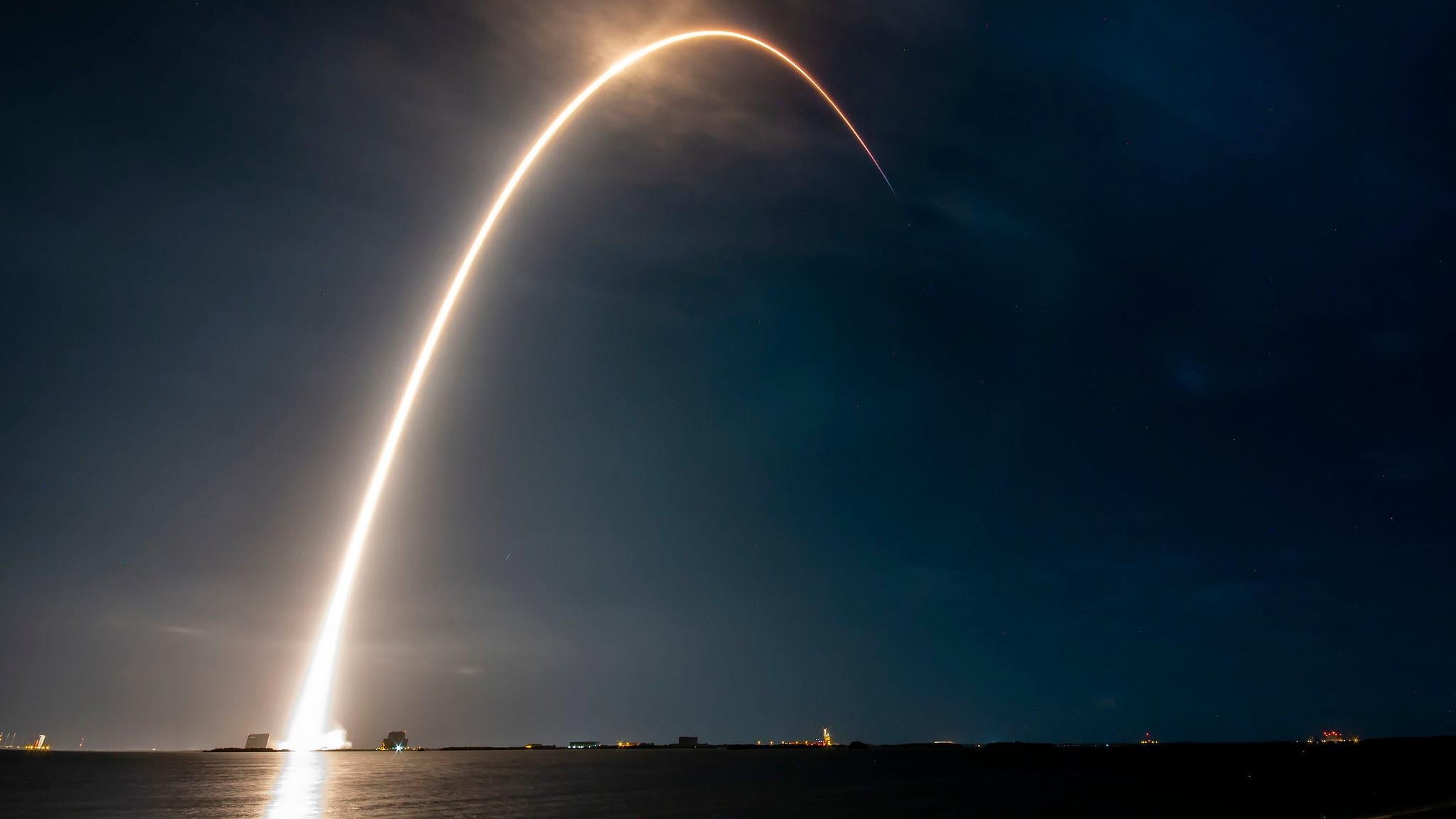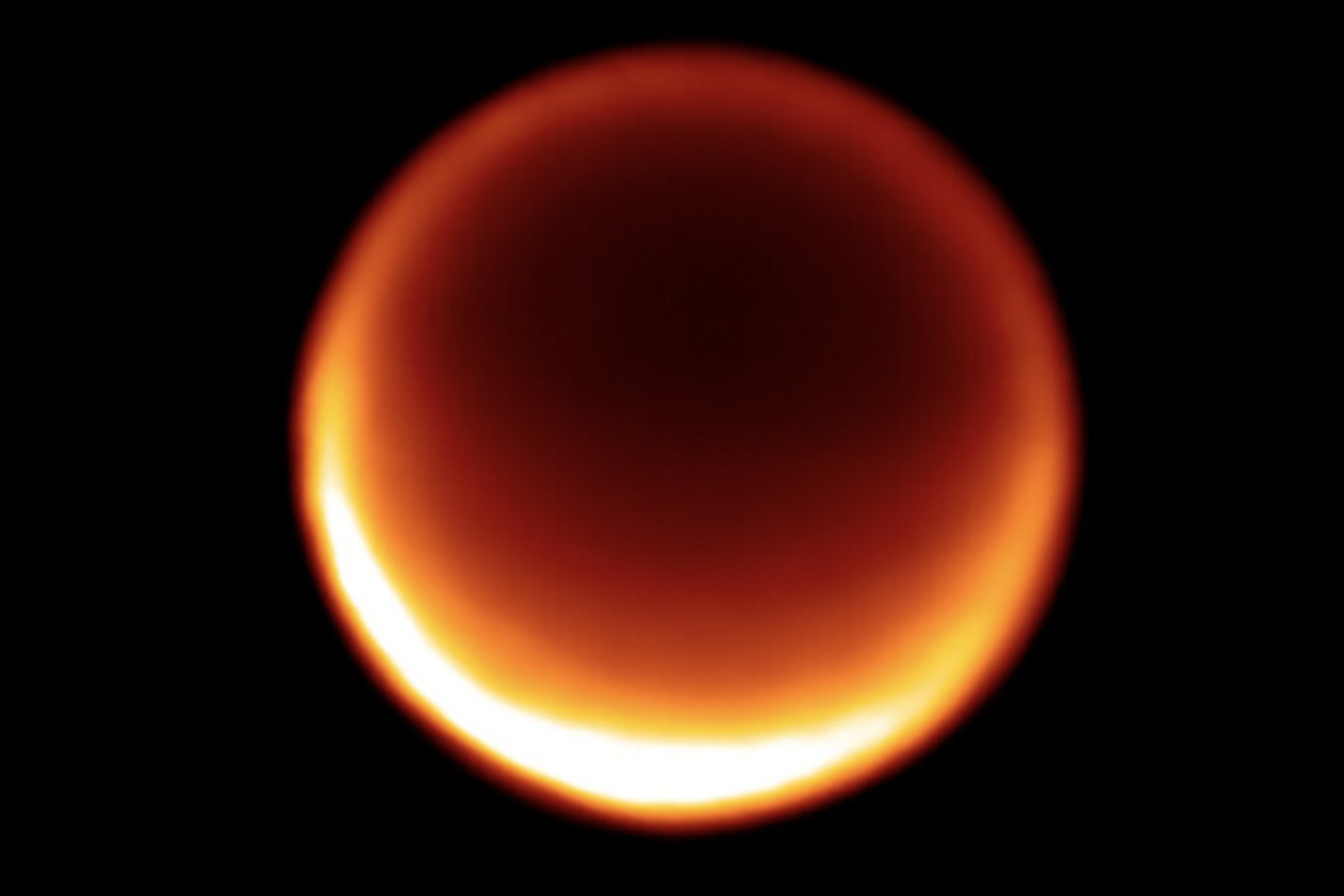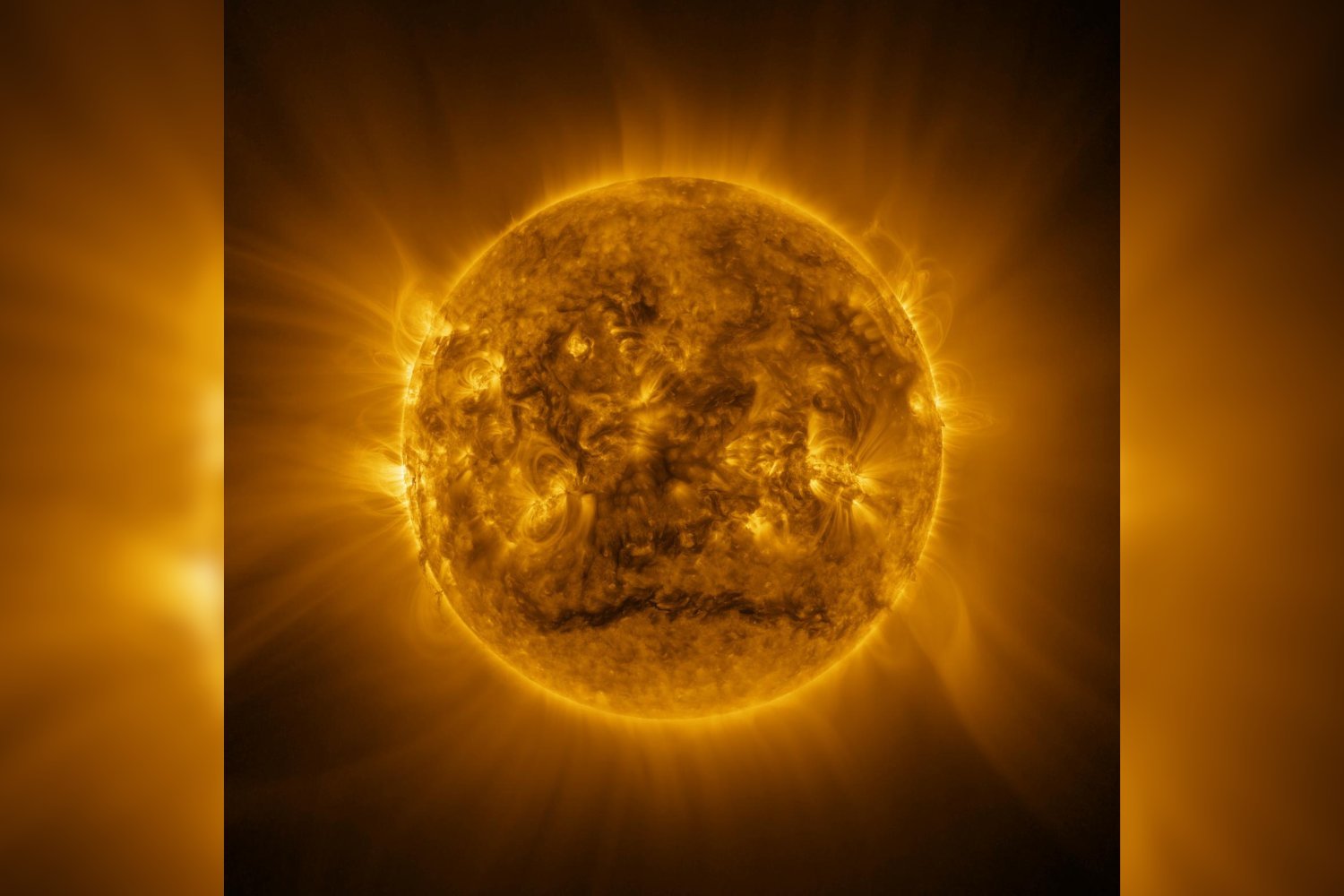The universe, born from a dense fireball approximately 13.8 billion years ago, is a vast expanse containing trillions of galaxies, including our own Milky Way. However, this cosmic giant isn’t eternal. New research suggests the universe is dying, and at a pace significantly faster than previously thought.
Scientists at Radboud University in the Netherlands have estimated the universe’s final demise will occur in 10 to the power of 78 years. While this timeframe is still incomprehensibly long, it represents a drastically shortened lifespan compared to the prior estimate of 10 to the power of 1,100 years.
This new research, published in the Journal of Cosmology and Astroparticle Physics, builds upon a 2023 study by the same team. The earlier study, led by black hole expert Heino Falcke, quantum physicist Michael Wondrak, and mathematician Walter van Suijlekom, proposed that celestial objects like neutron stars could evaporate similarly to black holes. This evaporation process is rooted in the concept of Hawking radiation, a theory developed by Stephen Hawking in 1974. Hawking radiation posits that radiation escaping near a black hole’s event horizon gradually diminishes its mass over time.
Expanding on Hawking radiation, the new research suggests the rate of this cosmic erosion is influenced by an object’s density. The team found that neutron stars and stellar black holes decay at roughly the same rate, estimated at 10 to the power of 67 years. While black holes possess stronger gravitational fields, potentially accelerating evaporation, their lack of a surface leads to some radiation reabsorption, slowing the process.
Calculating the evaporation timelines for various celestial bodies using this refined understanding of Hawking-like radiation led the researchers to the revised, shorter lifespan for the universe. While the end is sooner than anticipated, it remains incredibly distant.
The study also estimates that the Moon, based on Hawking radiation, would take approximately 10 to the power of 90 years to evaporate. These explorations into extreme scenarios aim to deepen our understanding of Hawking radiation and potentially unlock its mysteries.
In conclusion, while the universe’s eventual demise is inevitable, it’s a process unfolding over unimaginable timescales. This research not only refines our understanding of the universe’s timeline but also highlights the ongoing quest to unravel the complexities of Hawking radiation and its role in the cosmos’s ultimate fate.



